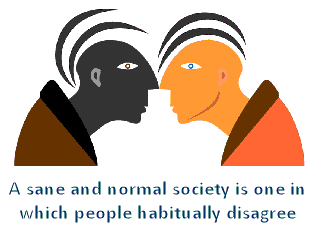
What happens to morality when people work collaboratively in a large group?
I was prompted to do a little research on DPD and Amazon recently, following a repeated failure to deliver a parcel. For several years, there have been intermittent problems with deliveries to our home because the DPD satnav system contains an error for our rural location, which they seem unable to correct. Royal Mail and most other carriers can find us (except when snow blocks the roads). Amazon compound the problem by refusing to redirect all our parcels through Royal Mail as a default.
The question of morality arises because, when a driver can’t find us, or the depot can’t find a driver prepared to make the trip, DPD tell lies to hide the fact and shift the blame. For example, they say the customer was out (untrue), or the customer requested delivery on a later date (untrue). Amazon keep saying that they have spoken to DPD and promise delivery the next day, and they also sometimes tell lies to try and get rid of the problem. My problems paled into insignificance, however, when I discovered that a DPD driver had recently because of DPD’s policies: Continue reading


 In The God Delusion, Richard Dawkins argues that God (probably) does not exist, and he associates belief in God with the childhood practice of having an “imaginary friend” (Dawkins 2006, p. 88). He advocates, as an alternative to belief in God, using science and evidence to develop useful models that replicate how the world works.
In The God Delusion, Richard Dawkins argues that God (probably) does not exist, and he associates belief in God with the childhood practice of having an “imaginary friend” (Dawkins 2006, p. 88). He advocates, as an alternative to belief in God, using science and evidence to develop useful models that replicate how the world works.